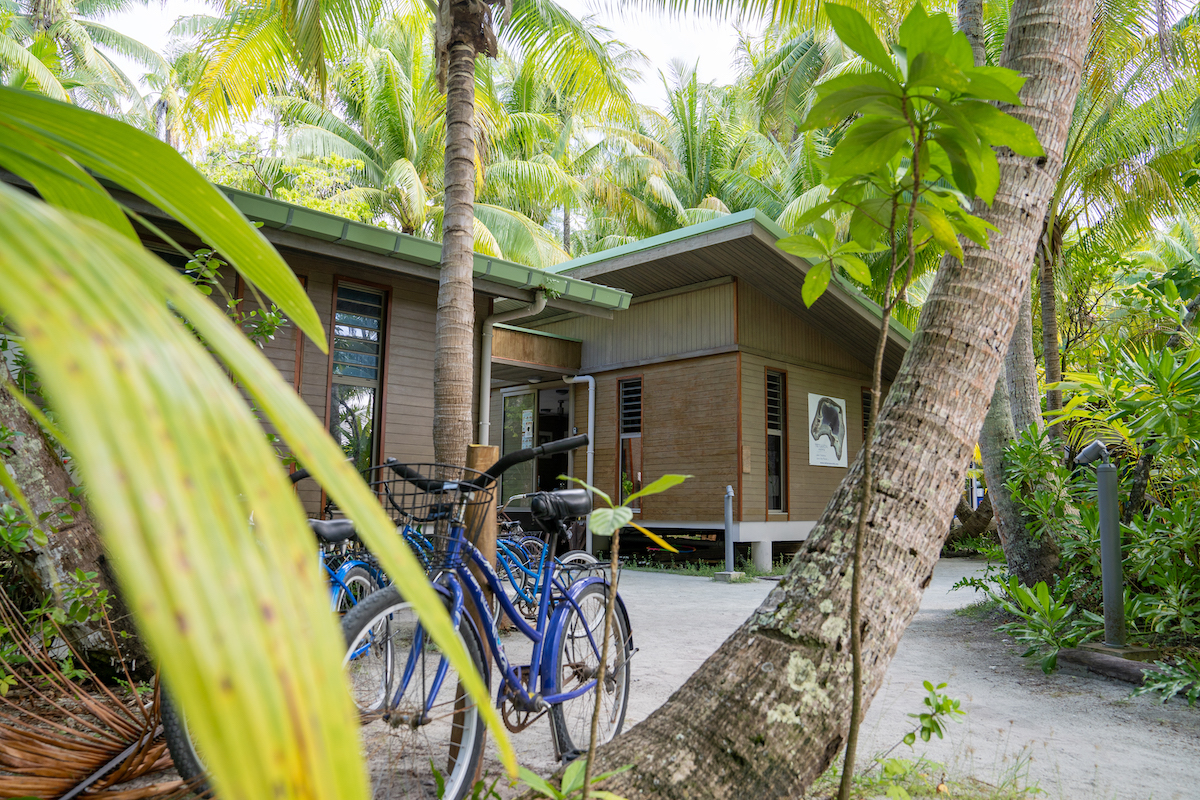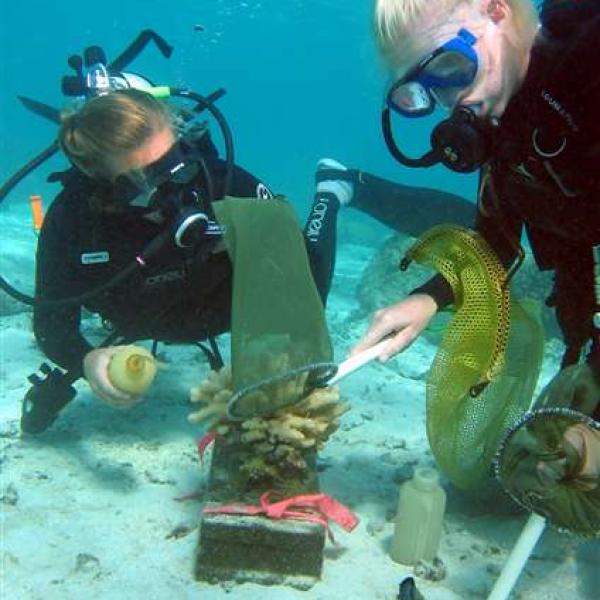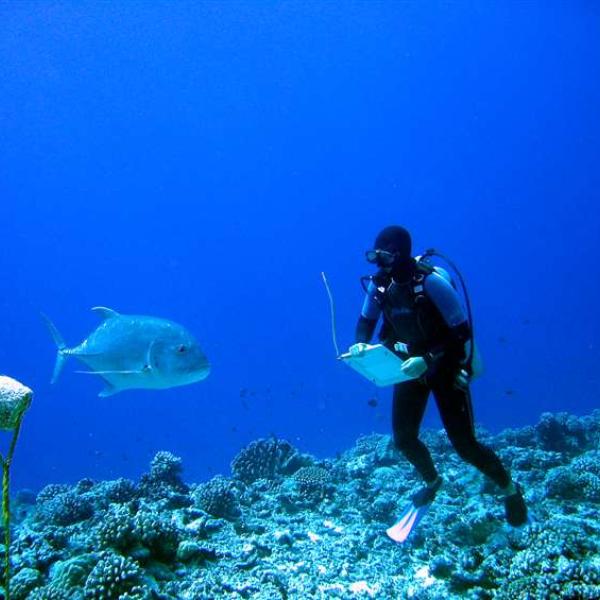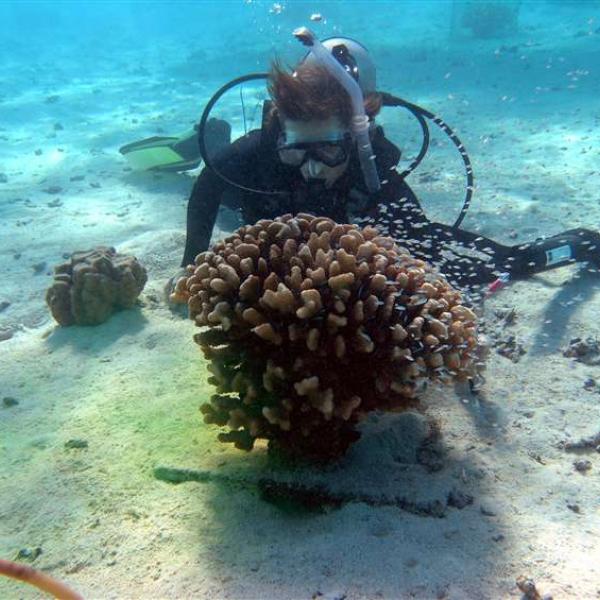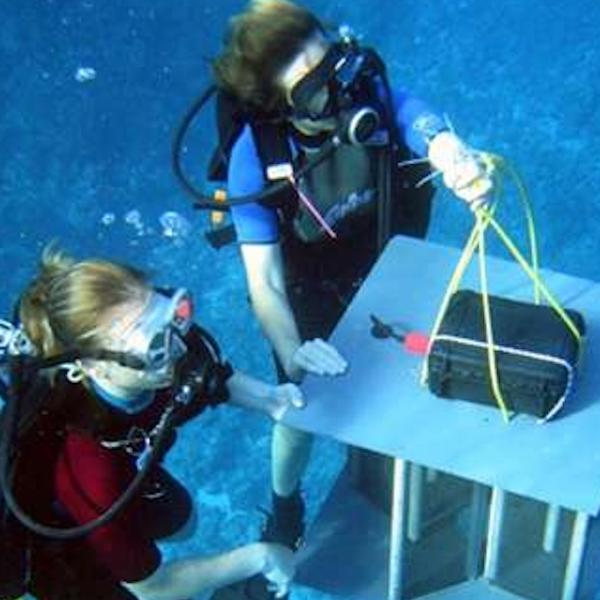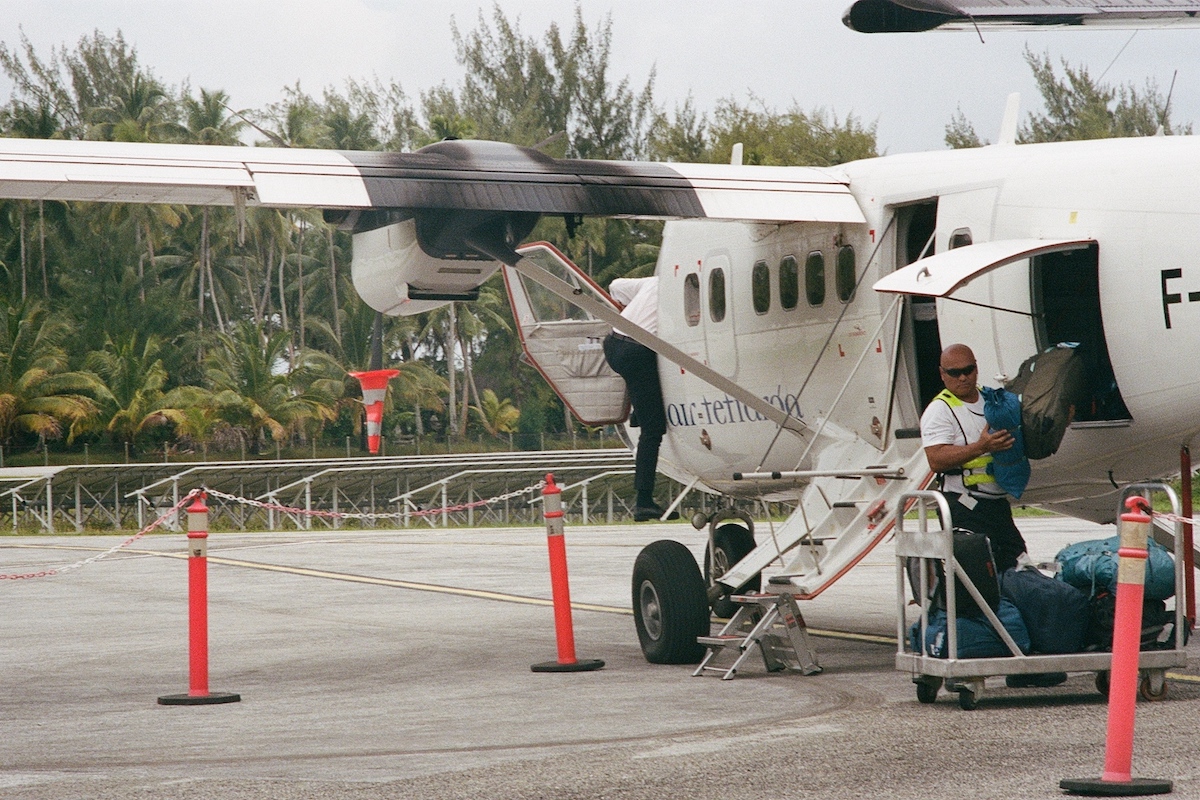
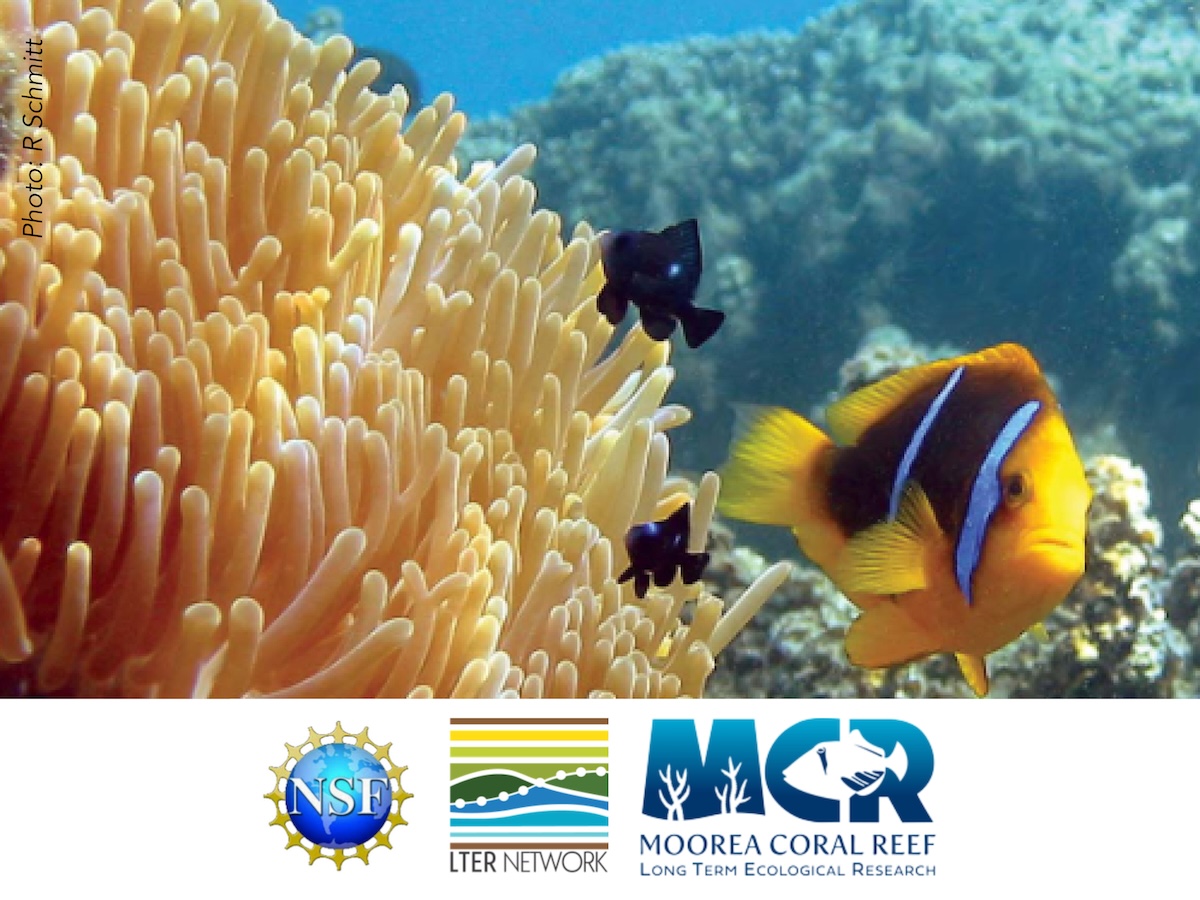
Associated investigators
Update LTER IV
Project dates: Sep 2022 to Aug 2028
The monitoring component of the MCR LTER IV program is designed to meet the needs for comparative analysis within the LTER system, to measure long-term trends, and to provide a contextual basis for process-oriented studies. Depending on the taxon or process under investigation, the scale and scope of the monitoring encompasses a variable number of sites, zones, depths, or frequencies of sampling. The most spatially inclusive sampling includes three habitat types [fore reef at two depths, back reef, fringing reef] at two localities on each of the three shores of Moorea. Regional scale properties (e.g., sea-surface temperature, subsurface Chl a concentration, regional surface currents) are estimated by remote sensing using information collected by existing satellite sensors. Biotic factors are monitored within quadrats or along fixed transects, and include aspects of (i) ecosystem function (e.g., primary productivity), (ii) community-level attributes (e.g., trophic structure, diversity), (iii) population-level characteristics (e.g., abundance, dynamics), and (iv) individual-based characteristics (e.g., demography, functional metrics). Abiotic factors that affect reef organisms are monitored in addition to climate data, In addition to tracking long-term trends, results from monitoring studies provide parameter values for analytic models and help guide experiments to establish cause-and-effect.
LTER: Ongoing since 2005
Coral reefs represent one of the most diverse ecosystems on Earth. The Moorea Coral Reef Long-term Ecological Research (MCR LTER) site was established by the National Science Foundation in 2004 as a model system to better understand factors that mediate coral community structure and function. A primary goal of the MCR LTER is to explore the effects of external drivers such as disturbance and global climate change on the resilience of coral reefs. This goal is achieved through long term-observations, experimental tests and models. Long-term trends in community structure are used to generate hypotheses that tested experimentally. These empirical studies are then synthesized and modeled to gain novel insight into the responses of coral reefs to changing environments. The MCR LTER site is a research partnership between the University of California, Santa Barbara and California State University, Northridge.
Coral reefs are among the most diverse and productive of all ecosystems and they have immense ecological, social and economic value. Increasingly, coral reefs are being affected by perturbations that range from short-term, localized disturbances - where return to the original state is possible - to more chronic, widespread influences of shifts in climate that may fundamentally alter the ecosystem. These processes occur over multiple decades, and are particularly well-suited for site-based research through the NSF Long Term Ecological Research Program (LTER).
The Moorea Coral Reef (MCR) LTER site, established in 2004, is an interdisciplinary, landscape-scale program whose goal is to advance understanding of key mechanisms that modulate ecosystem processes and community structure of coral reefs through integrated research, education and outreach. Our site is the coral reef complex that encircles the 60 km perimeter of Moorea (17°30'S, 149°50'W), French Polynesia.
A fundamental goal of the the Moorea Coral Reef (MCR) LTER site is to advance understanding that enables accurate forecasts of the behavior of coral reef ecosystems to environmental forcing. To this end we seek to understand the mechanistic basis of change in coral reefs by: (i) elucidating major controls over reef dynamics, and (ii) determining how they are influenced by the major pulse disturbances (e.g., cyclones, coral bleaching, coral predator outbreaks) and local press drivers (e.g., fishing, nutrient enrichment) to which they are increasingly being subjected, against a background of slowly changing environmental drivers associated with global climate change and ocean acidification.
In the first phase of the program, we developed an island-scale understanding of community structure in relation to variation in physical and biological forcing to predict how coral reefs will respond to local and regional drivers of community change. Between 2007 and 2010, the fore reef was impacted by a series of natural disturbances, which enabled us to study the processes involved in reef resilience and better understand the process of recovery of disturbed coral reefs. Our work will advance understanding of resilience properties of coral reef ecosystems, and how key community and ecosystem functions could be altered in the future by long-term (e.g., global climate change and ocean acidification) and short-term (e.g., nutrient enrichment) drivers.
